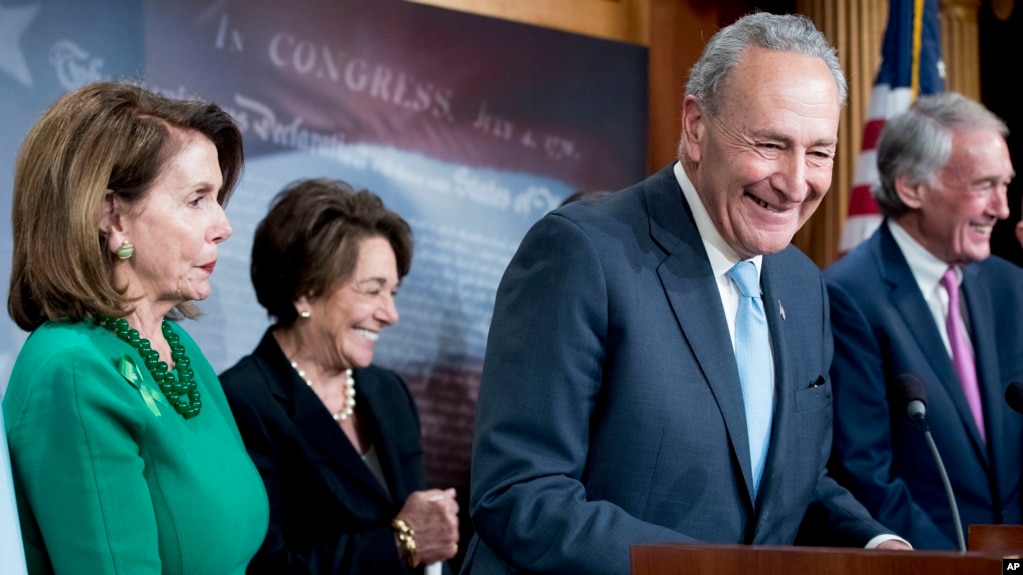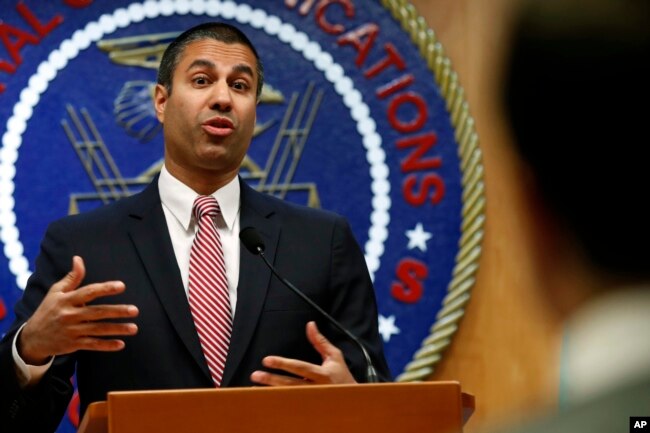Any of you Alpha Geeks have the scoop on Net Neutrality? I've heard things here and there about it but its Greek to me. I mean I get the basic idea and it seems like its a good thing but I don't understand enough about it to satisfy my basic skepticism.
Of course you don't have to be an Alpha Geek to respond, I'll listen to all opinions.
Of course you don't have to be an Alpha Geek to respond, I'll listen to all opinions.




